A website developed in Dundee is helping diabetics and could save the NHS millions of pounds.
My Diabetes My Way (MDMW), developed at University of Dundee, is improving the quality of life for those who have type 2 diabetes.
But how can this type of online resource help patients and the NHS?
We speak to the doctor behind the initiative and diabetic Ross Kerr from Fife who helped bring a patient’s perspective to the project.
What is My Diabetes My Way?
My Diabetes My Way is a website for diabetes patients.
Clinicians and patients across Scotland contributed to its development and there are now 62,000 people registered to use the site.
It helps people manage their condition and routine care through patient access to their electronic personal health records (ePHR) – as well as diabetes education and online learning courses.
How does the website help diabetics?
Getting access to their personal data has brought benefits for people with diabetes who use the site.
Research found those using MDMW were likely to experience an improvement in their quality of life and their diabetes control.
This in turn results in them avoiding or delaying the onset of diabetes complications.
Ross Kerr, 79, from Dunfermline has been a diabetic for 38 years.
He is a passionate patient advocate, working tirelessly to ensure people with diabetes have a voice and learn more about the condition they live with.
‘My diabetes bible’
Ross gave the important patient perspective when MDMW was being developed and would like to see more people making the most of it.
“When I was diagnosed there was nothing like this, often we were left feeling on our own,” Ross explains. “I’m very fortunate to have been involved with it.
“I use it as my diabetes bible now. I go into it, for example, where I’ve had a blood test and want to see the result and how it affects my diabetes.
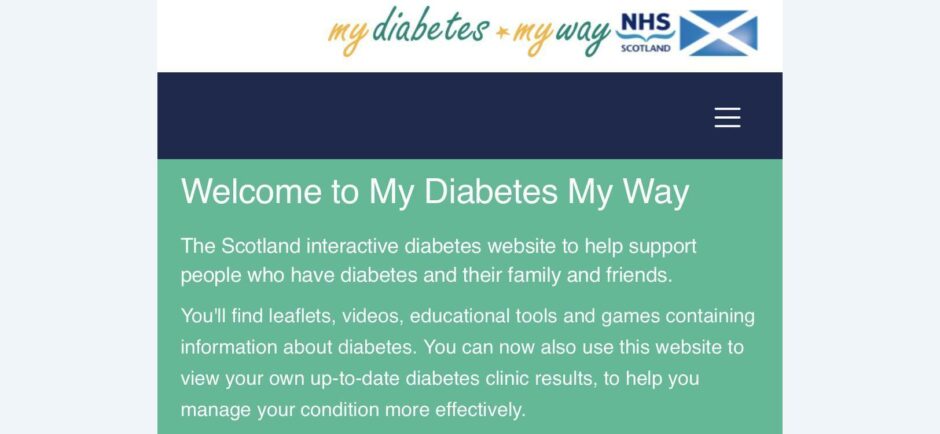
“When I meet someone I ask them if they’re a member and tell them about it. There are still so many people out there with diabetes who aren’t on it.
“It’s about putting the patient at the centre, giving them a chance to understand things better and giving them the information they need for when they go and see their consultant.
“It’s a great tool.”
How could this website save the NHS money?
Dr Scott Cunningham from Dundee University is principal investigator for the MDMW programme.
He says digital self-management helps people with diabetes take responsibility for their condition.
Reduced heart, kidney, eye and foot disease for patients means less treatment and medications costs for the NHS.
Analysis of MDMW data was carried out between 2010 and 2018. In Scotland at the time the research was carried out, it was found there were 235,769 people with type 2 diabetes not on insulin.
If every person in this category used the system and experienced similar benefits it’s estimated the NHS in Scotland could save £2.8 million each year.
“If only 25% of Scotland’s type 2 population used the service and benefit similarly, there remains a potential saving of around £7 million over a 10-year period,” says Dr Cunningham.
- How has your life or health been affected by a health condition? We’d love to share your story to help support other people. Contact us healthandwellbeing@thecourier.co.uk
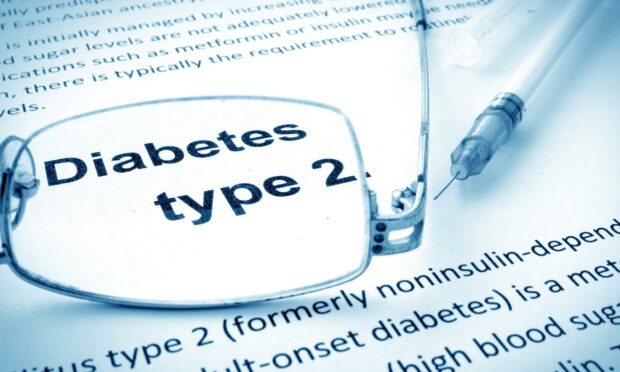
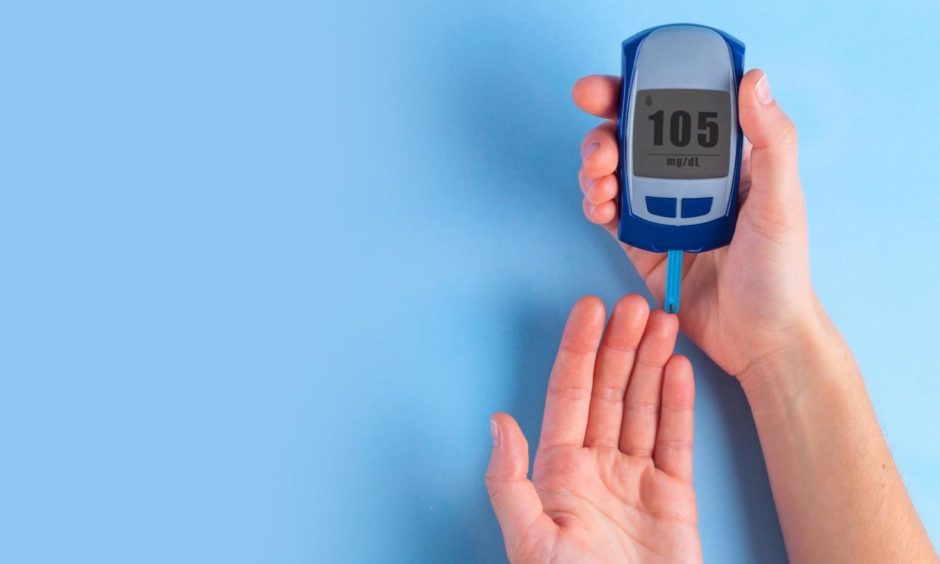
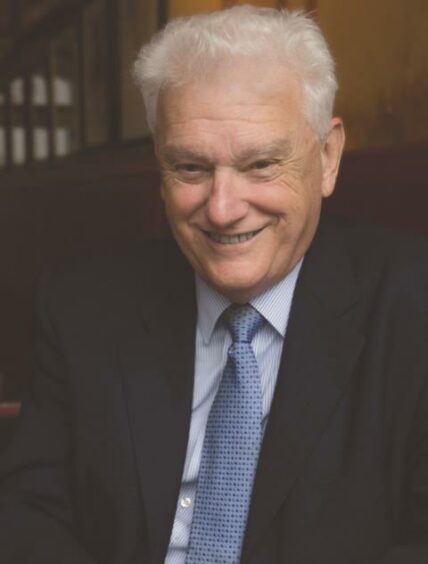




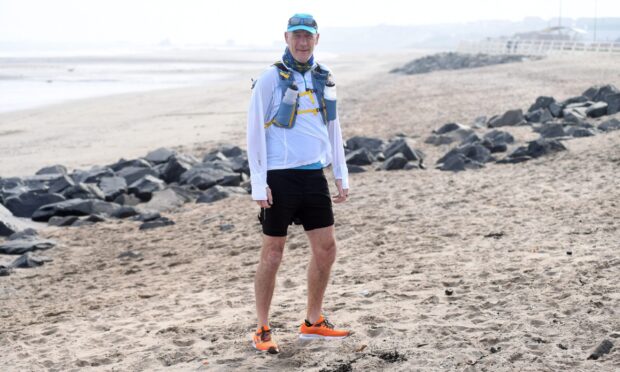
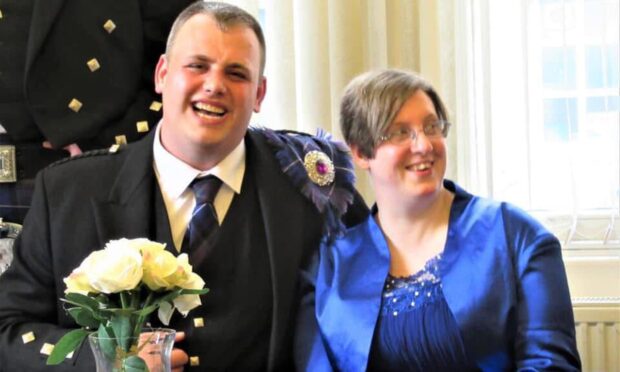
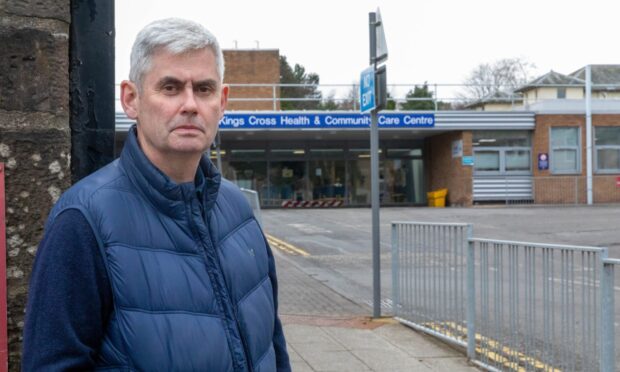
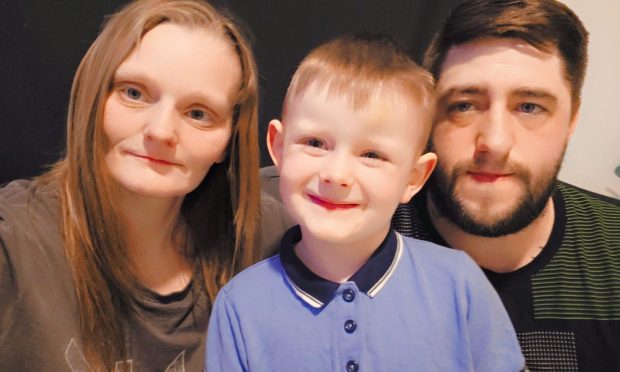
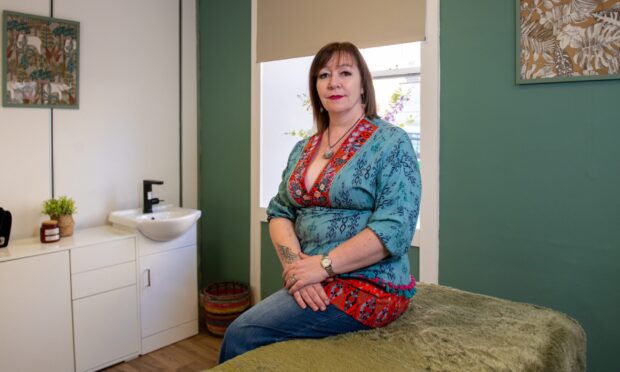
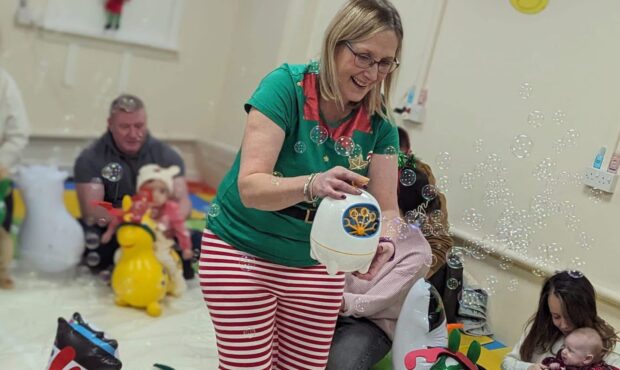

Conversation